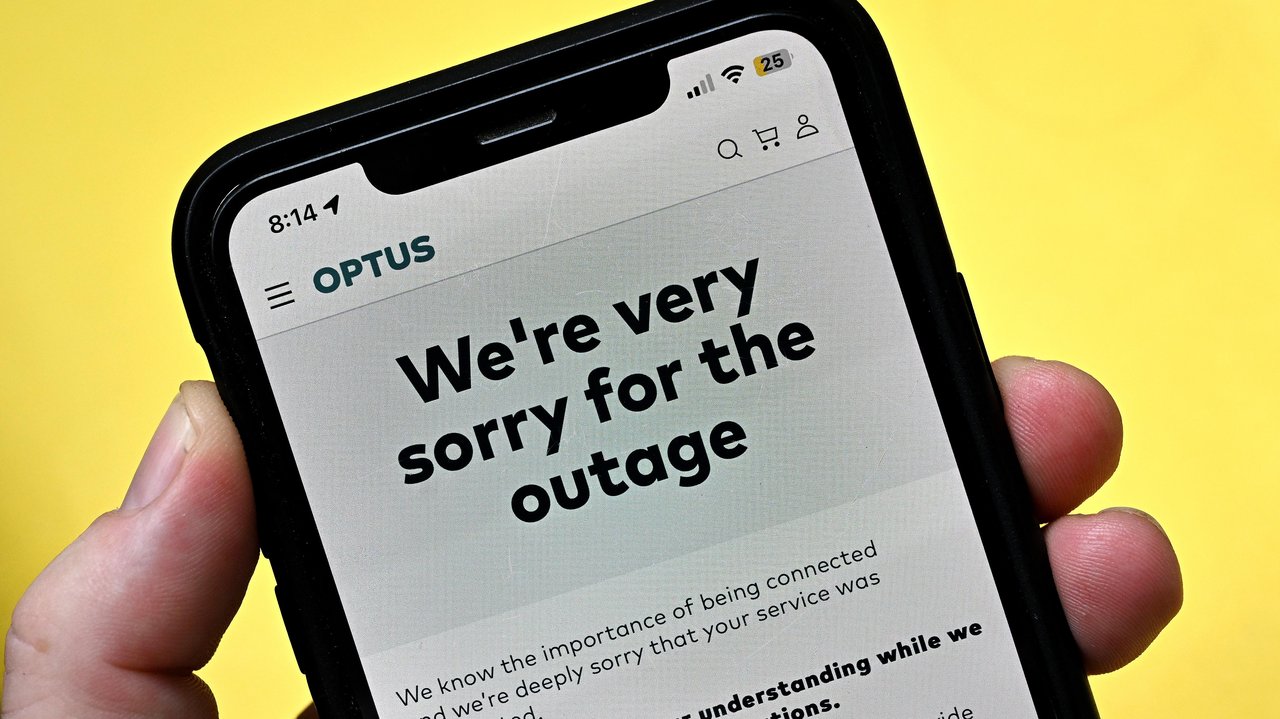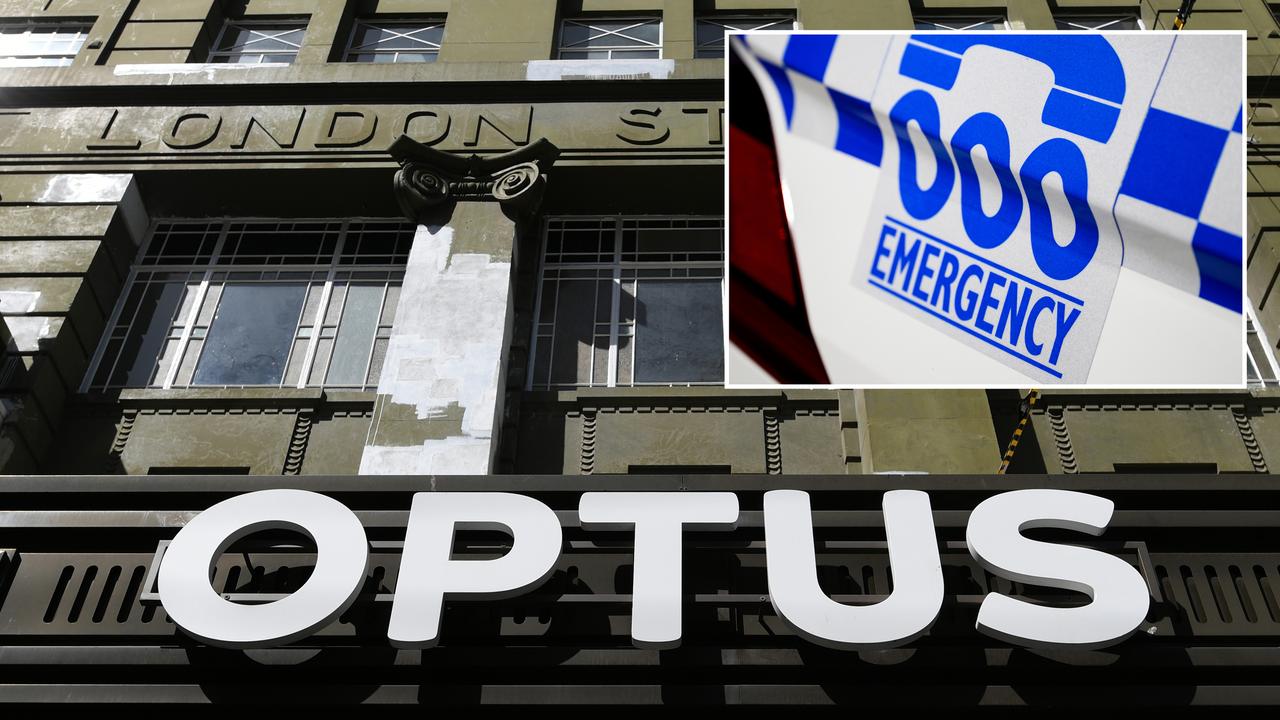
The telecommunications sector is pushing back against a spike in financial hardship and dodgy service complaints, insisting its record is the best it's been in decades.
The industry's ombudsman has admitted she is "particularly concerned" by the data, especially about a 46 per cent increase in consumers not getting a fair and reasonable outcome when they go their telco for help paying bills.
The Telecommunications Industry Ombudsman's annual report has dropped just weeks after Optus' deadly triple-zero outage, prompting much discussion about the sector's governance and oversight.
But Australian Telecommunications Alliance CEO Luke Coleman said complaints were at their lowest level in twenty years.
"There are around 42 million mobile and broadband services in Australia - meaning that just 0.1 per cent of total services were the subject of a complaint to the TIO," he said.
"The telco industry has made huge improvements in improving customer service.
"Complaint levels are at their lowest since 2004 - before the NBN, before 3G, and before the iPhone."

Given a new industry standard obliging telcos to support customers in financial hardship, Ombudsman Cynthia Gebert said the increase in those complaints was unacceptable.
"That increase is people who have already reached out to their telco, put up their hand for a payment plan, a deferral or some solution that's going to work for them, and they haven't got a fair and reasonable outcome," she told AAP.
"These aren't just numbers, these are real people who might be choosing telco bills over food or rent because they're worried they're going to get disconnected from their central service."
The financial hardship complaints were matched with a 69 per cent jump in reports from people without a working mobile service, with a 25 per cent increase in people with poor coverage.
The report highlights a pattern of behaviour by telcos that is harming communities and undermining public trust, consumer advocates said.
"The evidence is overwhelming. Mis-selling, misleading coverage claims, and poor handling of financial hardship are systemic industry issues," Australian Communications Consumer Action Network chief executive Carol Bennett said.
They urged the communications regulator to show leadership by rejecting the industry's proposed "deeply flawed self-regulatory" consumer protection code.
Optus' September outage has been linked to three deaths and was the second time in two years its network issues prevented Australians accessing the emergency line.

That incident is the subject of an Optus probe and a federal communications watchdog investigation, while calls for stronger oversight including the proper implementation of a triple-zero custodian have rung out.
Some, including telecommunications expert Mark Gregory, have labelled the industry "the wild west" due to its self-regulatory nature, arguing new legislation and regulations are needed to stop the "cowboys" running the show.
Ms Gebert said there was a place for industry-led regulation particularly on technical matters.
"But for other things that go to the core of consumer protections around essential service, we've long called for improvement," she said.







